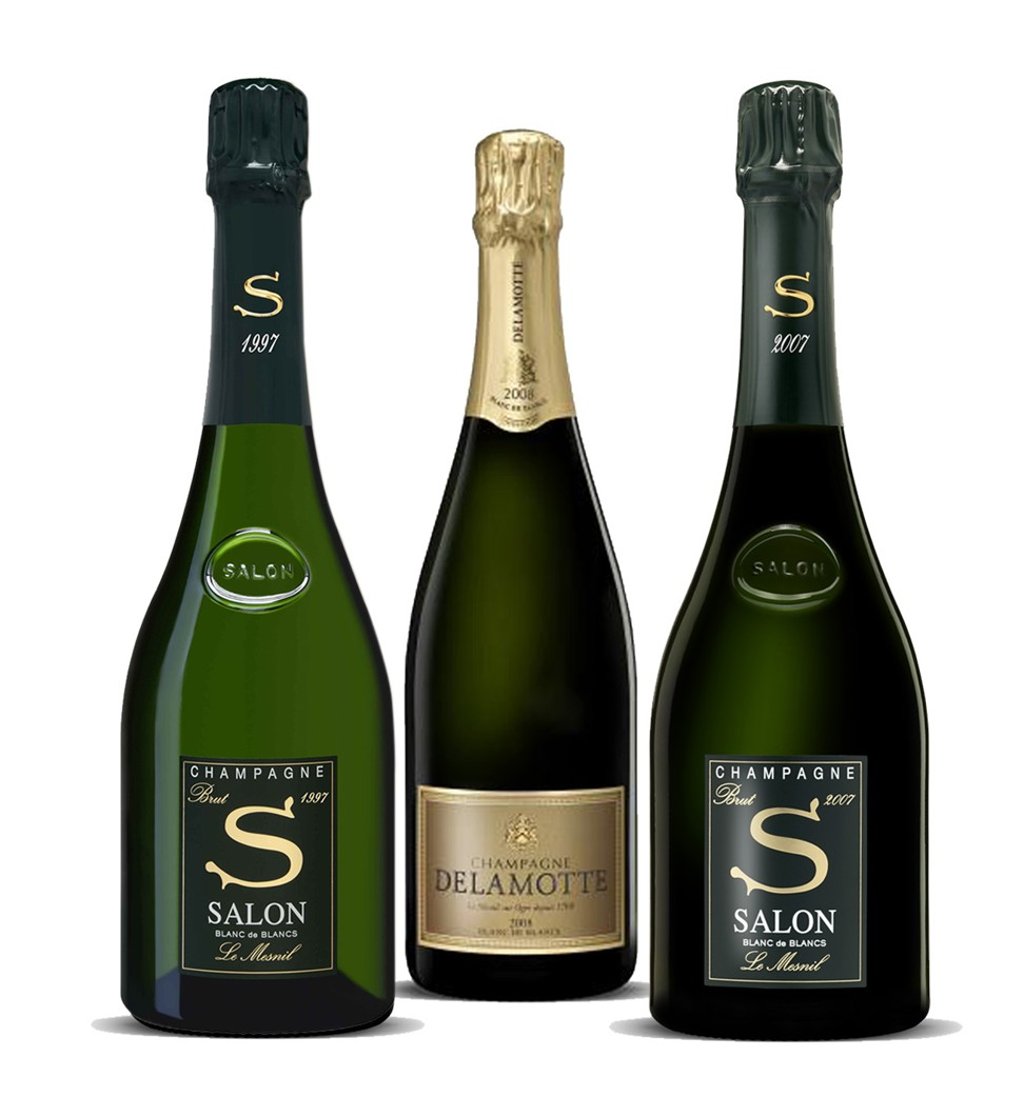Why only exceptional vintages are released at century-old champagne house, Salon
No blending allowed at small producer Salon, which makes elegant, subtle and finely structured champagne only when the grapes are just right

More than any other drink, champagne is evocative of romance, celebration and luxury.
Last year, the Champagne region of France produced 295 million bottles of wine, with the mainland, Hong Kong and Taiwan together accounting for 4.3 million bottles.
One house that embodies the Champenois entrepreneurial spirit is Salon, which was founded in 1911. Eugène-Aimé Salon was the son of a cartmaker in the Champagne village of Pocancy. In his youth, he went to Paris, starting out as a messenger in a fur trading company and working his way up. It wasn’t until years later, on overseas business trips, that he got to experience the finer things in life, including champagne.
Using his family connections, Salon bought vineyards in his home region, initially producing wine for personal consumption before starting the commercial operation in the 1920s. Salon’s goal was to make an elegant, subtle and finely structured champagne using chardonnay grapes sourced from a grand cru estate with one hectare of vineyards in the Côte des Blancs. Salon is made only in exceptional vintages – with no blending permitted, the grapes have to be perfect. In 1988, the company was acquired by Laurent-Perrier, the fifth-oldest champagne house. It is now managed together with its sister house, Champagne Delamotte.

Salon S, Blanc de Blancs, Brut, Le Mesnil, Champagne 2007, HK$4,690
The weather was erratic during the growing season. Flowering was early. Summer was cold and wet with good weather in the latter part of August. Harvest was earlier than normal with uneven ripening. Overall, chardonnay performed the best in the region.
